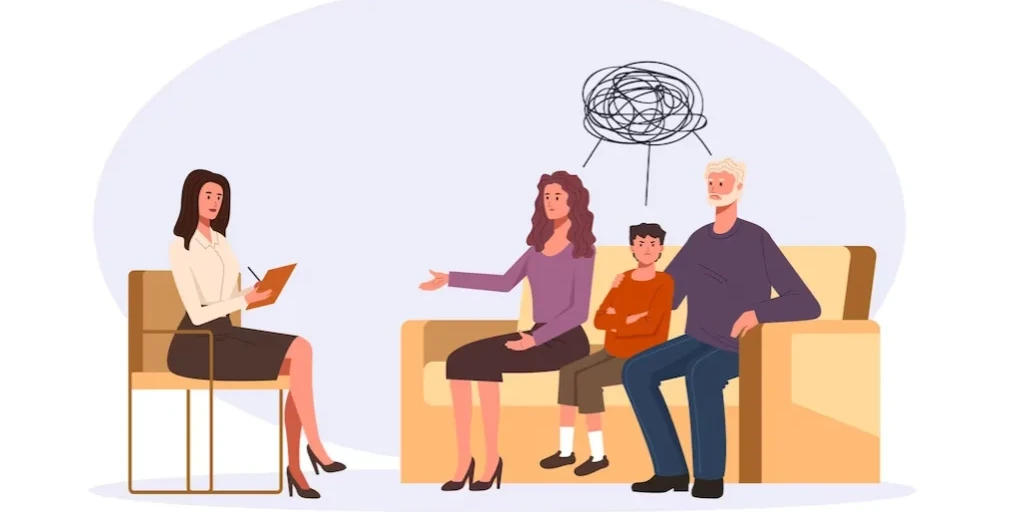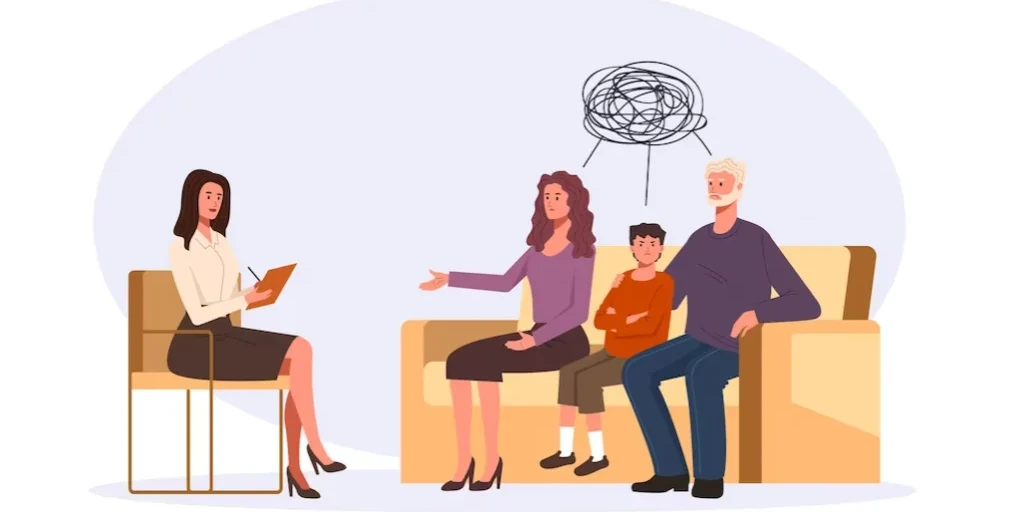24/7 Helpline:
(866) 899-221924/7 Helpline:
(866) 899-2219
Learn more about Eating Disorder Treatment centers in Pomona
Eating Disorder Treatment in Other Cities

Other Insurance Options

Covered California
Beacon

Molina Healthcare

EmblemHealth

BHS | Behavioral Health Systems

Sliding scale payment assistance

Meritain

Highmark

Health Choice

Ceridian

Aetna

Cigna

State Farm

Anthem

Horizon Healthcare Service

Sutter

Optima

Health Net

Self-pay options

WellPoint

Prototypes – Women’s Center
Prototypes - Women's Center offers inpatient and outpatient treatments for women with alcohol and/or...

BHS – American Recovery Center
Behavioral Health Services (BHS) - American Recovery Center, located in Pomona, California, is a non...

AEGIS Treatment Centers
Aegis Treatment Centers - Pomona is an outpatient rehab located in Pomona, CA. Aegis Treatment Cente...

Ettie Lee Youth and Family Services
Ettie Lee Youth and Family Services is a private rehab located in Pomona, CA. Ettie Lee Youth and Fa...

Prototypes
Prototypes was founded in 1986 by Vivian Brown and Maryann Fraser, who aimed to create a rehab that ...

Tri City Mental Health Center
Tri City Mental Health Center is a public rehab located in Pomona, California. Tri City Mental Healt...

Total Restoration Ministries – Sober Living Program
Total Restoration Ministries - Sober Living Program is a non-profit rehab located in Pomona, CA. Tot...

One Touch Recovery Center
One Touch Recovery Center is a licensed alcohol and drug outpatient treatment center with co-occurri...

Help The People Foundation
Help The People Foundation is a private rehab located in Pomona, California. Help The People Foundat...

Pomona Community Crisis Center
Pomona Community Crisis Center is a private rehab located in Pomona, California. Pomona Community Cr...

Adrians Rehabilitation House
Adrians Rehabilitation House is a private rehab located in Pomona, California. Adrians Rehabilitatio...

Pomona Alcohol and Drug Recovery
Pomona Alcohol and Drug Recovery is a private rehab located in Pomona, California. Pomona Alcohol an...

JJAK Psychotherapy Services
JJAK Psychotherapy Services is a private rehab located in Pomona, California. JJAK Psychotherapy Ser...

AA – Alcoholicos Anonimos – Oficina Intergrutal 2
AA – Alcoholicos Anonimos – Oficina Intergrutal 2 is a non-profit rehab located in Pomona, Californi...

NCADD – The National Council on Alcoholism and Drug Dependence of East San Gabriel and Pomona Valley
The National Council on Alcoholism and Drug Dependence of East San Gabriel and Pomona Valley is a no...

Lexington Center for Recovery – Methadone Treatment
Lexington Center for Recovery – Methadone Treatment is a private rehab located in Pomona, New York. ...

















































